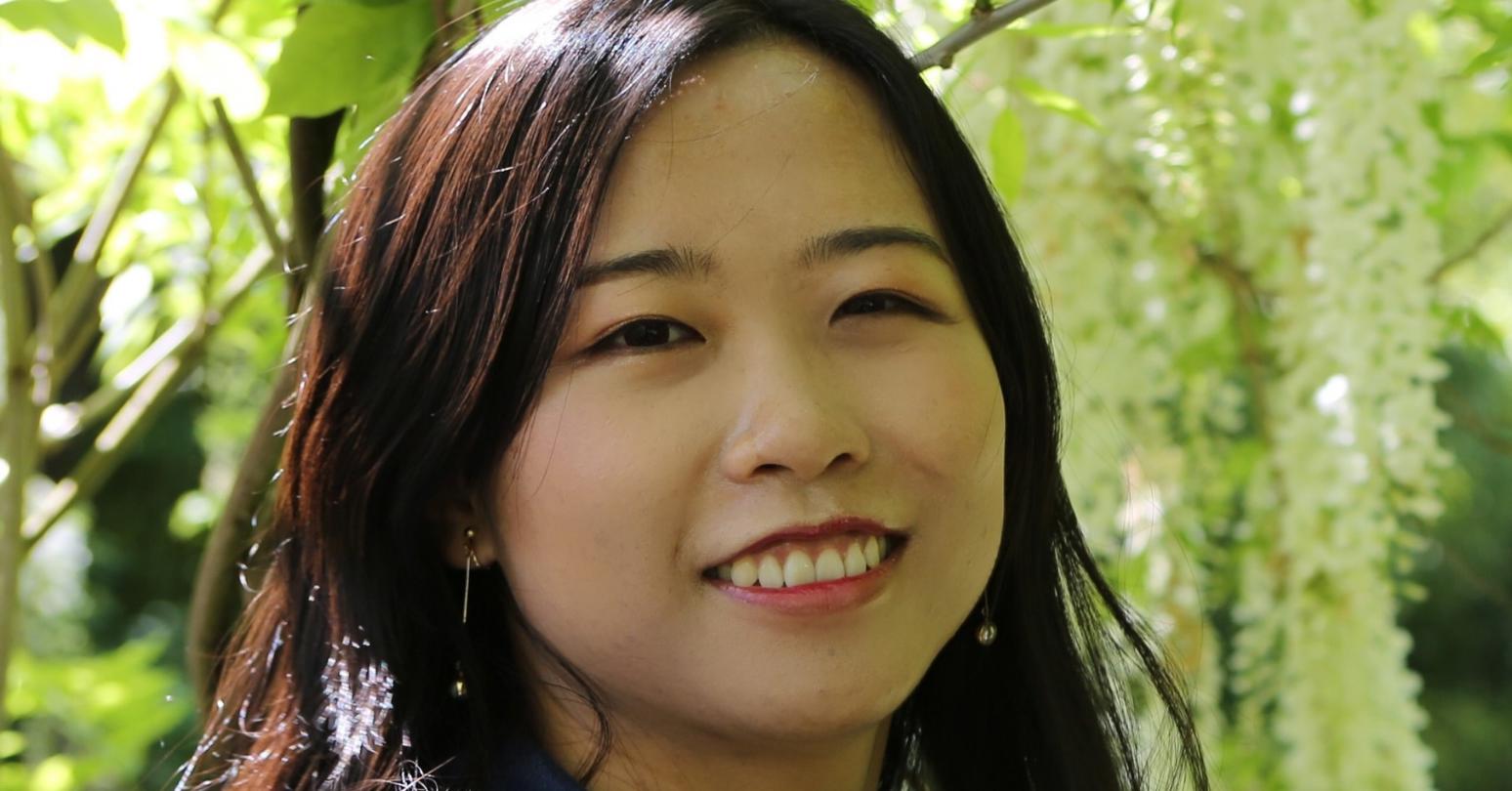Ivey faculty: Joy Tong
Ivey welcomes six new faculty members to campus! To help you get to know our new colleagues, we asked each of them a list of questions about their academic – and personal – interests.
Get to know: Joy Tong
Joy Tong joins Ivey’s faculty as Assistant Professor of Finance with research interests in corporate finance, labour, and entrepreneurship. She earned her PhD in Finance at the Fuqua School of Business at Duke University, and her MA in Economics also at Duke. She graduated from the University of Toronto with a B.S. in Mathematics and Economics.
This fly-fishing beginner enjoys a wide range of podcasts, and books, loves to travel, and has two very important tips for surviving the online world.
What is the most important thing business executives can learn from your research/area of expertise?
Intangible assets, such as human capital, IPs and trademarks, have become more important in a firm’s asset portfolio. I study how firms allocate and finance intangible assets, and the frictions that incur in the process. My research also focuses on the intersection between health economics and finance. I look at questions, such as how the structure of health-care system affects firms’ corporate decisions.
Where did you grow up and what was it like there?
I grew up in a northern city in China that is dry, cold and snowy all winter long. At the age of 15, I went to study in Singapore, and had a difficult time adjusting to the humid tropical weather. So, when I moved to Toronto for college, I was thrilled to be in the north again!
Who have been your strongest influences in life?
My parents give me a lot of freedom and support to pursue whatever I want. My mom is my role model in both work and family. She is always dedicated to her job, regardless of work types or her role. She also takes great care of the family. My dad's Daoist attitude helps me to soothe my mind during stressful times and better appreciate what I have.
What led you to your career?
In college, I once interned in the corporate loan office of a commercial bank. I was very curious about the factors driving client loan demand, and how clients’ characteristics and financial conditions determine the type of loans they need. I found myself more interested in studying aggregate patterns than participating in day-to-day operations. That’s how I started to think about researching corporate finance as a career.
What do you like to do when you’re not working?
I like to spend time with my husband and our two cats, Summer and Swing. I love to travel, and enjoy hobbies, such as journaling and sewing.
What might someone be surprised to know about you?
I like fly fishing. Although I am only at the beginner level, I enjoy it a lot. Fly fishing is an excellent combination of nature appreciation, getting some exercise, and a little bit craftmanship.
What is the most played song on your playlist as of now?
I listen to a lot of soft electronic/jazz instrumental music while working, such as Emancipator and Nujabes; those songs must be my most played ones. My all-time favorite is Eleanor Rigby by the Beatles.
What podcast do you enjoy?
Freakonomics, EconTalk and The Weeds are great to keep me up to date with the exciting research ideas and current events. I also enjoyed NPR’s Piano Jazz Shorts a lot, but unfortunately it was discontinued.
What book would you recommend to others? On the personal side? On the business side?
I like Never Let Me Go by Kazuo Ishiguro. It is very atypical science fiction. You might not notice its central topic several chapters into reading. The writer demonstrates superb writing skills, telling a heart-breaking, bizarre story with a very reserved and detached tone. I could not let go of the ending for weeks.
On the business side, I recommend An American Sickness by Elisabeth Rosenthal for anyone interested in the U.S. health care system and the economics behind it. The author is a physician and a The New York Times reporter. The book breaks down the complicated system into individual industries: hospitals, doctors, insurers, pharmaceutical companies, etc., and outlines what can go wrong in each component, and then links it together. Especially for Canadian readers, one would have a much better sense of why a seemingly straight forward problem is so hard to fix in the U.S.
Any tips for staying connected or succeeding in an online learning environment?
Provide prompt feedback, and always remember to mute yourself!



